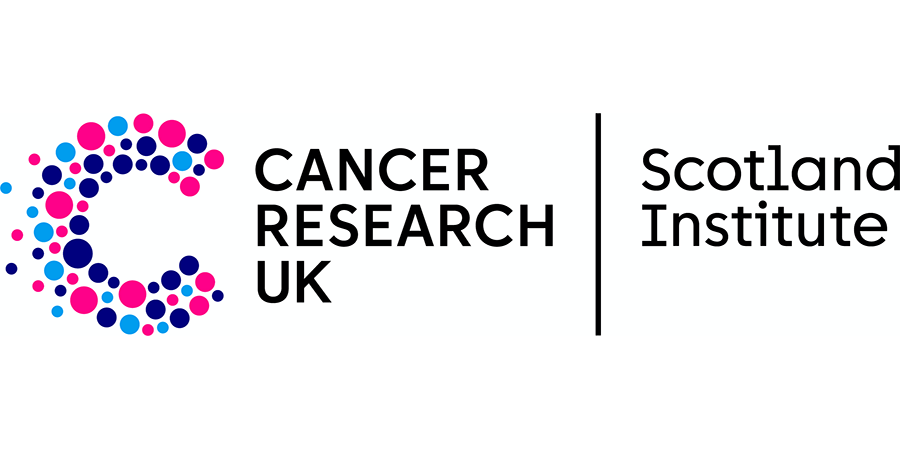Postdoctoral Research Scientist - Dr Zoi Diamantopoulou
CRUK Scotland Institute
| Location: | Glasgow |
|---|---|
| Salary: | £37,000 to £44,852 subject to experience, plus relocation allowance and visa costs if required |
| Hours: | Full Time |
| Contract Type: | Fixed-Term/Contract |
| Placed On: | 16th October 2025 |
|---|---|
| Closes: | 7th November 2025 |
Project Title: The role of the circadian rhythm on metastasis
Contract term: Fixed up to 6 years, subject to successful review at Year 3
About us
The CRUK Scotland Institute where the lab is based is a world leading cancer research institute, situated in the vibrant city of Glasgow in Scotland and hosting approximately 60 postdoctoral researcher scientists at any one time. It has an excellent reputation for fundamental cancer research, including world-class metabolism studies and renowned for in vivo modelling of tumour growth and metastasis.
Project outline
We are seeking an enthusiastic Postdoctoral Research Scientist with a strong passion for unravelling the complexities of metastasis to work on an ambitious project fully funded by the UKRI Future Leaders Fellowship. The project is to investigate the intricate relationship between metastasis and the circadian rhythm. Our research builds upon our recent publication, which demonstrates that breast cancer cells spread during sleep (https://www.nature.com/articles/s41586-022-04875-y).
The successful candidate will analyse a range of breast cancer mouse models available at the CRUK Scotland Institute and cancer patient samples to uncover the mechanisms through which the circadian rhythm regulates the metastatic spread of Circulating Tumour Cells (CTCs) and identify molecular targets for therapeutic intervention. This will involve a combination of cutting-edge microfluidics and robotic technologies, along with spatial transcriptomics, single-cell analysis methods, next generation sequencing, CRISPR screens and imaging techniques.
To be considered for this position you will have successfully (or nearly) completed a PhD in a relevant field. Expertise in working with mouse models is essential and proficiency in R or Python for omic data analysis is desirable. While prior research experience with CTCs or circadian rhythm would be advantageous, it is not mandatory, as appropriate training will be provided. Finally, you should also demonstrate the ability to conduct both independent and collaborative research and have strong planning and prioritisation skills to ensure project timelines are met.
For informal enquiries, please email zoi.diamantopoulou@glasgow.ac.uk
Employee Benefits
- Competitive salary
- 40.5 days annual leave including bank holidays (FTE)
- Defined contribution pension scheme
- Free life Insurance scheme
- Employee Assistance Programme
- Interest free season ticket loan
- Additional maternity pay at 6 month’s full pay (subject to service)
- Shared parental leave including up to 6 weeks paid at full salary
- Cycle to work scheme saving tax and NI on cycle purchase and spreading repayments over up to 12 months
- Access to Employee benefit schemes with discounts on supermarkets, cinema, travel and much more.
- On-site secure parking
All applications must be made via our website by clicking on the 'Apply' button above.
Closing Date: 07 November, but we may contact promising candidates on a rolling basis, so please apply as soon as you are ready.
Advert information
Type / Role:
Subject Area(s):
Location(s):









